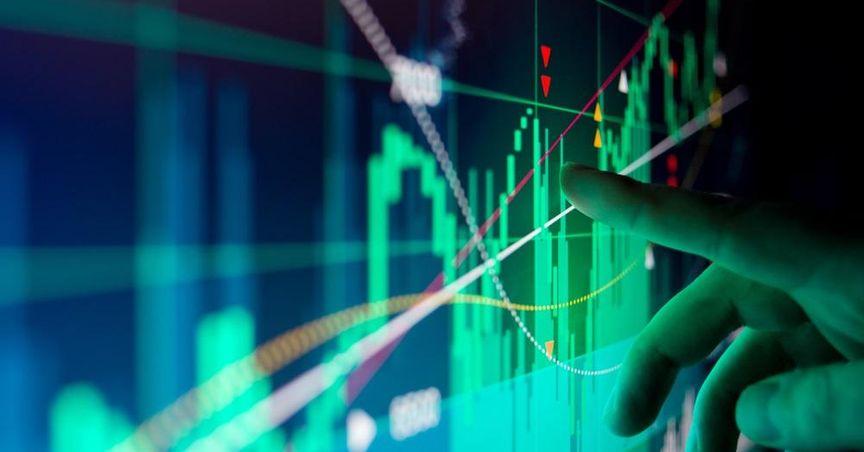Highlights
Oil and gas stocks on the ASX 200 faced increased attention amid rising instability in the Middle East. The ongoing conflict between Israel and Iran has escalated following recent attacks, prompting the United States to boost its military presence in the region. This development injected volatility into global crude benchmarks, directly impacting energy-linked equities, including Santos (ASX:STO).
The oil and gas exploration and production company has found itself in the middle of not just energy price swings but also corporate scrutiny. An acquisition proposal from Abu Dhabi-based entities has triggered Foreign Investment Review Board (FIRB) considerations, drawing further political and economic focus on the stock.
The broader ASX 200 index remained largely flat, reflecting caution across domestic markets as traders responded to geopolitical cues and awaited formal policy guidance regarding international investment in Australian energy infrastructure.
Santos (ASX:STO) Faces Takeover Uncertainty Amid Security Concerns
Federal Treasurer Jim Chalmers has declined to comment on the specifics of the proposed acquisition of Santos by Abu Dhabi-linked groups, citing ongoing FIRB advice. The proposed transaction, which may involve full control of the Australian oil and gas player, is under close scrutiny due to national energy security implications.
The absence of direct commentary from the government suggests that the FIRB’s process is in its early stages or involves complex evaluations. The uncertainty around approval timelines and conditions is contributing to market caution, especially in a politically charged environment where global alliances and resource control are increasingly intertwined.
The proposal places Santos at the intersection of strategic energy infrastructure and foreign diplomacy, highlighting the complexities facing large-scale cross-border transactions in critical sectors.
Broader Market Steady as Global Risks Dampen Optimism
While energy stocks experienced movement tied to oil price fluctuations, the broader ASX 100 and ASX 300 indices mirrored the flat performance of the ASX 200. Investor sentiment was subdued, as broader equity segments displayed resilience but little upward momentum.
Defensive sectors such as utilities and consumer staples maintained stability, while cyclical areas like financials and materials showed mixed results. Traders and portfolio managers appear to be monitoring macro-political developments more closely than economic indicators during this volatile period.
The absence of any substantial movements on the All Ordinaries index also reinforced the sense of temporary pause, as risk appetite softens under external pressure.
International Headlines Add to Domestic Political Complexity
On the international stage, further complexity emerged as former US President Donald Trump indicated plans to leave the G7 summit prematurely. The unexpected move has triggered diplomatic unease and could influence ongoing multilateral talks involving strategic resource agreements, potentially affecting Australia's foreign investment landscape.
For Prime Minister Anthony Albanese, these developments coincide with rising scrutiny over national control of domestic assets. The confluence of local political response, overseas diplomatic shifts, and heightened regional conflict places government and corporate actors in a delicate balancing act as they navigate energy security and investor confidence.






